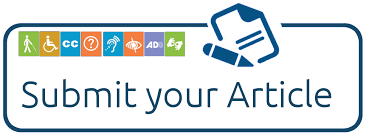PERAN DESAIN PEKERJAAN DALAM MENINGKATKAN EFEKTIVITAS KINERJA KARYAWAN DI ERA DIGITALISASI
DOI:
https://doi.org/10.55047/jekombital.v2i3.620Keywords:
Job Design, Employee Performance Effectiveness, Digitalization, Digital Era, Literature StudyAbstract
In the era of continuous digitalization, job design has emerged as a key factor in enhancing employee performance effectiveness. This literature review explores the role of job design in the new context of a workplace transformed by technology. With a focus on how digitalization can be both an enabler and a disruptor, this article synthesizes recent research to identify the most substantial elements of job design that influence employee performance. The study includes an analysis of job design dimensions such as autonomy, task variety, task identity, and feedback, all of which have been disrupted by digital changes. By combining various theories and empirical studies, this article proposes a comprehensive framework that integrates classic job design principles with the demands and opportunities created by the digital era. The findings indicate that progressive adaptation of job design can strengthen employee engagement and organizational resilience to change. Furthermore, this article identifies research gaps and recommends directions for future studies on job design in an ever-changing technological era. In conclusion, a deep understanding of the interaction between job design and performance effectiveness in a digital context is essential for the development of responsive and sustainable human resource strategies.










.png)




.png)
.png)











.jpg)
.png)


